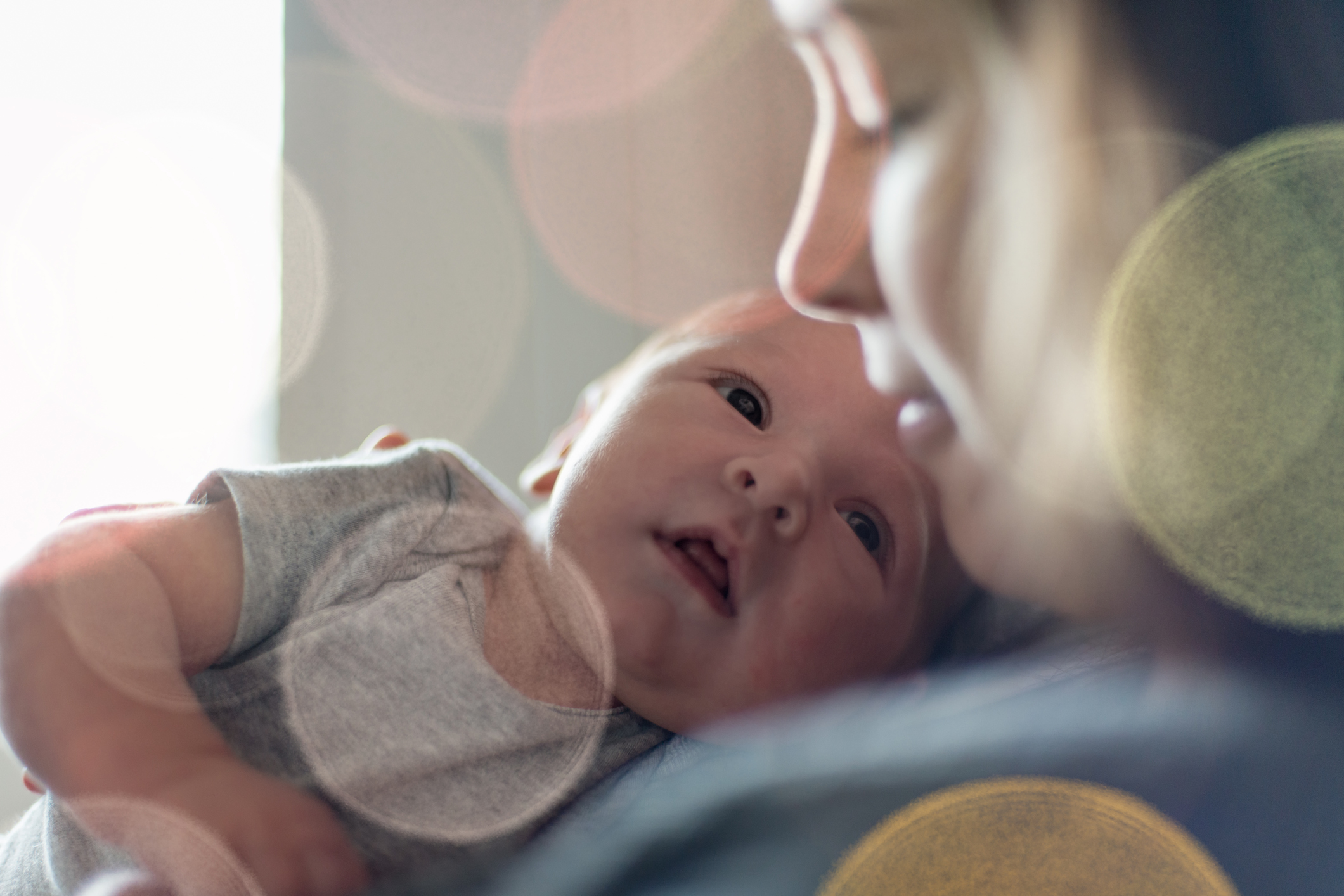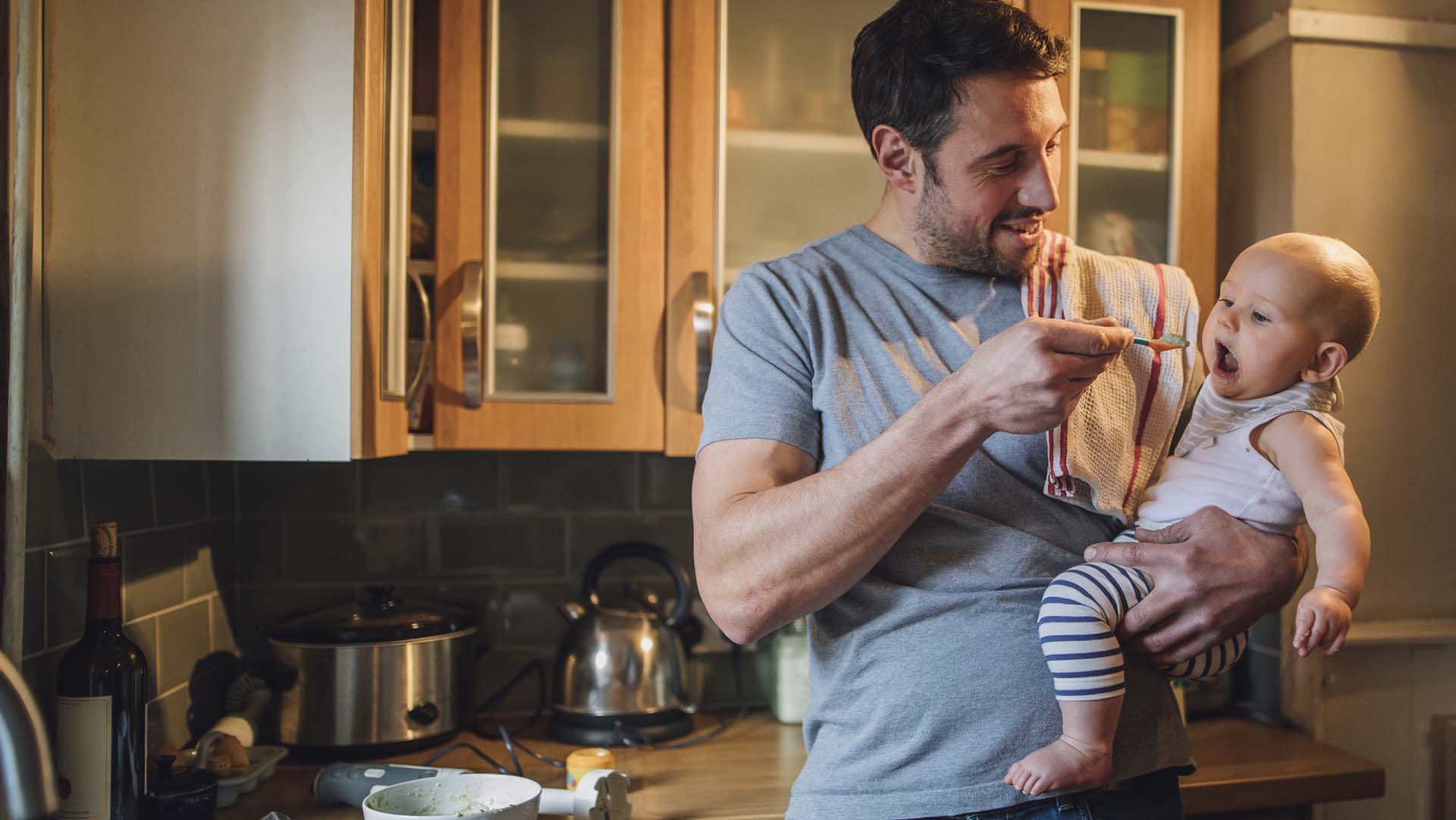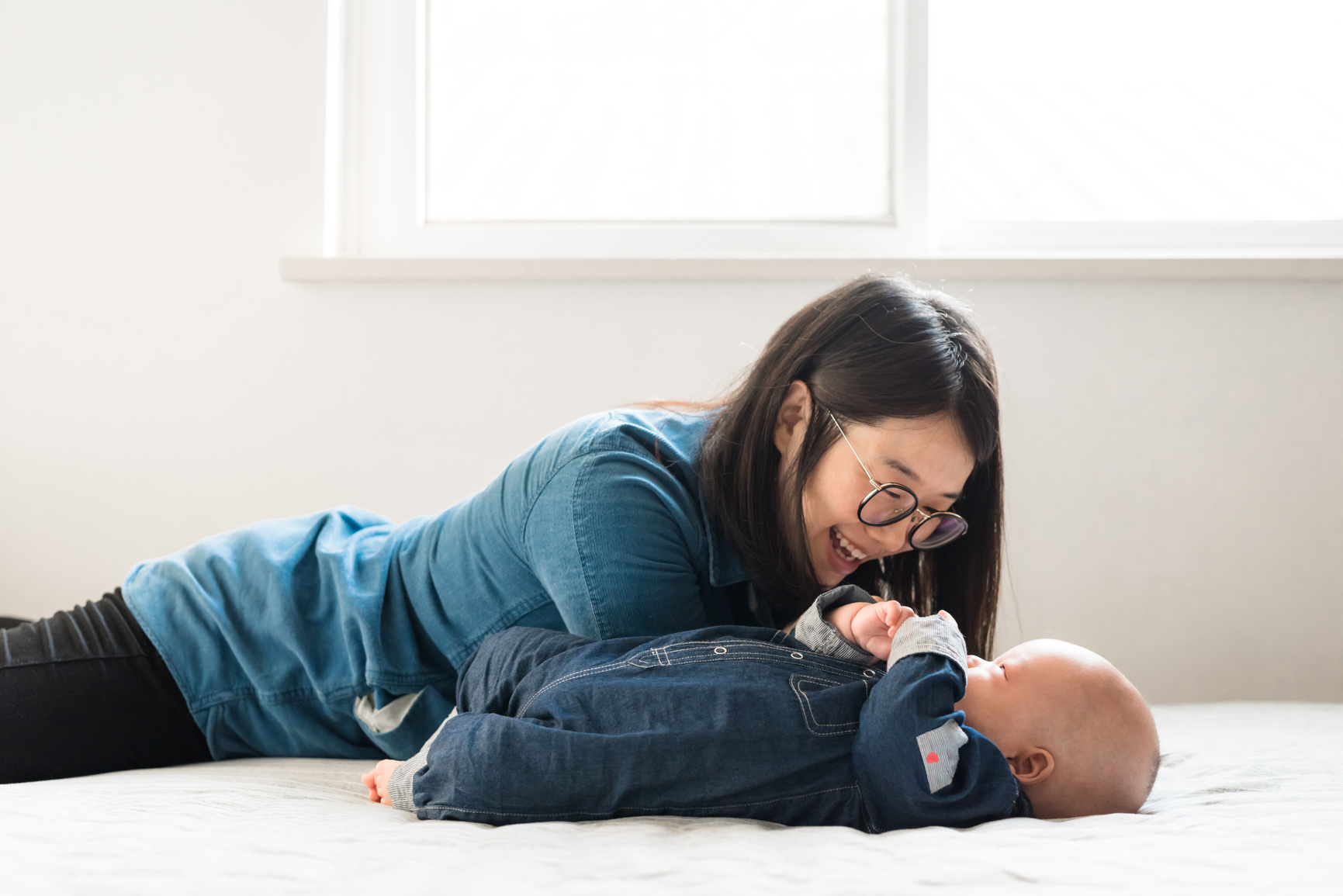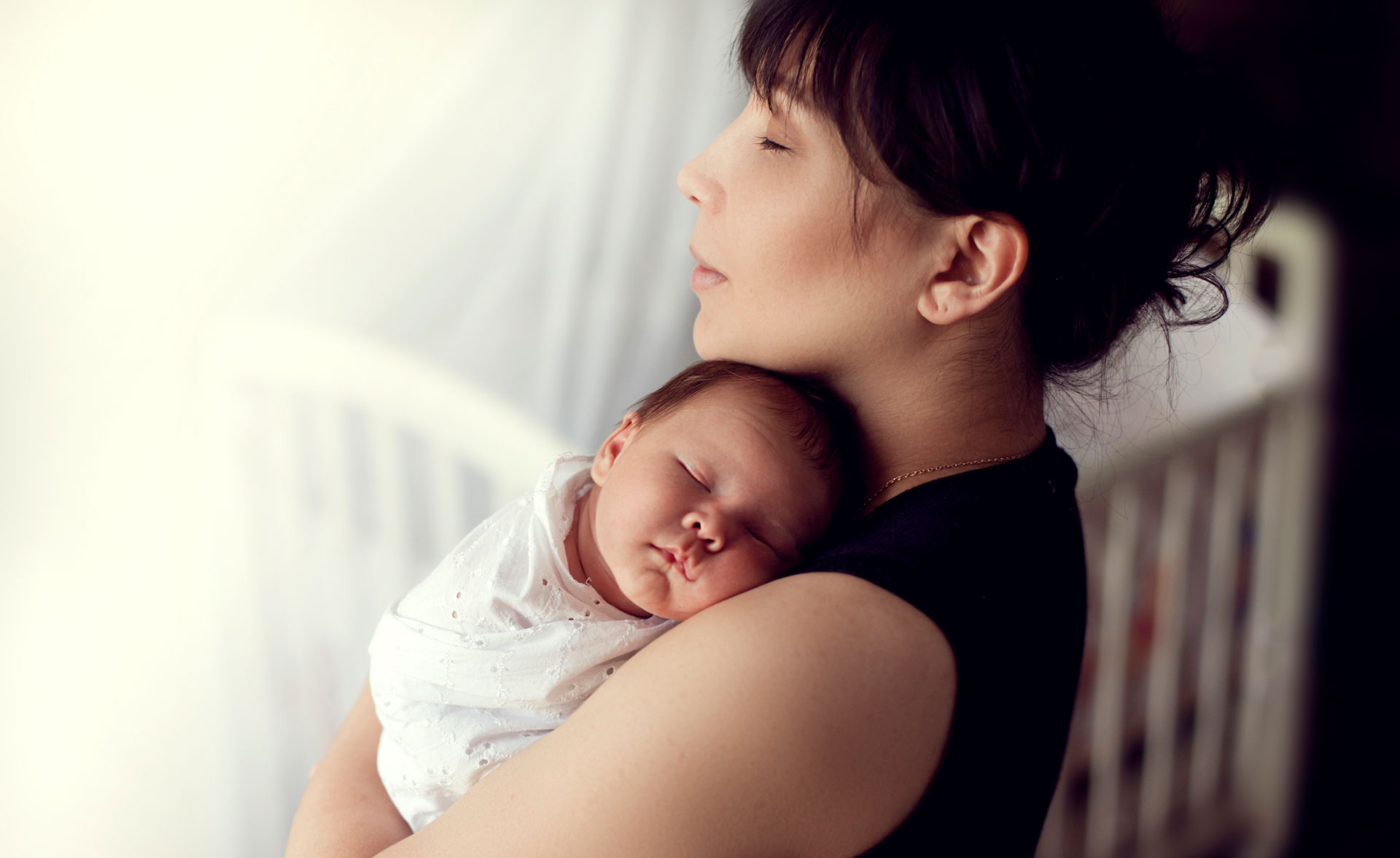-
Looking after a new baby can be challenging for all parents, but it can be even more challenging after a caesarean section because you’ll be limited in how much you can do physically.
If you’ve had a caesarean, you may stay in the hospital a bit longer; typically 3-5 days. But when you do go home there are some important things you need to know to ensure a speedy recovery.
Look after your body
Even though you have a brand new baby to take care of, it’s important that you get as much rest as you can to aid healing and to take pressure off the wound. As a rule of thumb, you shouldn’t lift anything heavier than your baby for at least 6 weeks.
A caesarean birth can also lead to constipation, so make sure you’re eating a healthy, high-fibre diet and drinking plenty of water. And remember to do you pelvic floor exercises. Regardless of the type of birth you’ve had, your lower abdominal and pelvic floor muscles will have weakened during pregnancy.
You should avoid driving a car for six weeks. And check your car insurance policy; you may not be covered for an accident if you decide to drive. You should also avoid sex until you feel comfortable. It’s quite normal for it to take weeks, even months, before you’re ready.
Look after your wound and manage your pain
Your wound needs to be kept clean and dry to avoid infection. A wheat bag or hot water bottle can soothe the wound naturally, but try to stay on top of pain by taking pain relief in line with your doctor’s advice.
Firm, high-waisted compression underwear or control briefs may also offer abdominal support. They can reduce pain and be worn for comfort for the first six weeks.
Look after your wellbeing
Be patient and kind to yourself. Don’t be afraid to ask for help—whether it’s a cooked meal from family or friends, help with the baby or help around the house. Talk with your doctor, midwife or maternal and child health nurse if you think you need additional help.
A gentle walk each day is a simple way to get out of the house, and is good for your mental and physical health. You may also like to join a new mothers’ group; talking with other mums who’ve had a similar experience can be very helpful.
Many women feel teary, anxious or moody in the days immediately after childbirth—this is sometimes referred to as the baby blues. If these feelings last beyond the early days or continue to get worse, it could be a sign of depression. If you’re feeling this way, speak to your doctor, midwife or call a mental health service like beyondblue or PANDA (Perinatal Anxiety and Depression Australia).
Keep an eye out for infection
Caesareans are common and relatively safe, but they’re still major surgery and complications can happen. While numbness or itching around the scar is normal and can last a long time for some women, see your doctor if you notice any of the following:
- The pain in your abdomen or wound is getting worse and doesn’t go away after you take pain medication
- New back pain or back pain that doesn’t improve, especially if it’s where you had an epidural or spinal injection
- Pain or burning when you pass urine, an inability to pass urine, or leaking urine
- Prolonged constipation
- Inability to pass wind or bowel motions
- Increased vaginal blood loss or bad-smelling discharge from the wound
- Coughing or shortness of breath
- Fever
- Swelling or pain in your calf (lower leg)
- Wound edges pulling apart or looking infected.
Read more about why you might need a caesarean and what’s involved.
Recovering from a caesarean

Recovering from a caesarean http://www.pregnancybirthbaby.org.au/caesarean
Recovering from a caesarean https://www.betterhealth.vic.gov.au/health/healthyliving/caesarean-section
Pelvic floor exercises http://www.pregnancybirthbaby.org.au/pelvic-floor-exercises
-
How to introduce allergy foods
A guide to weaning and allergies
-
Immunisation 101: everything you need to know
Make sure your baby is fully immunised
-
The partner’s guide to breastfeeding
How you can help with breastfeeding
-
Bringing home a new baby during a pandemic
Bringing home a new baby is an exciting yet challenging time.
-
Your new baby admin checklist
A simple guide to ticking off all the paperwork for your new baby.
-
Getting in a routine with your new baby
Paediatrician Professor Harriet Hiscock shares some advice for adjusting to life with your little one, from feeding to sleeping to checking in with yourself.
Subscribe to receive the best from Live Better every week. Healthy recipes, exercise tips and activities, offers and promotions – everything to help you eat, move and feel better.
By clicking sign up I understand and agree to Medibank's privacy policy





